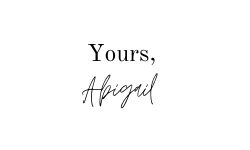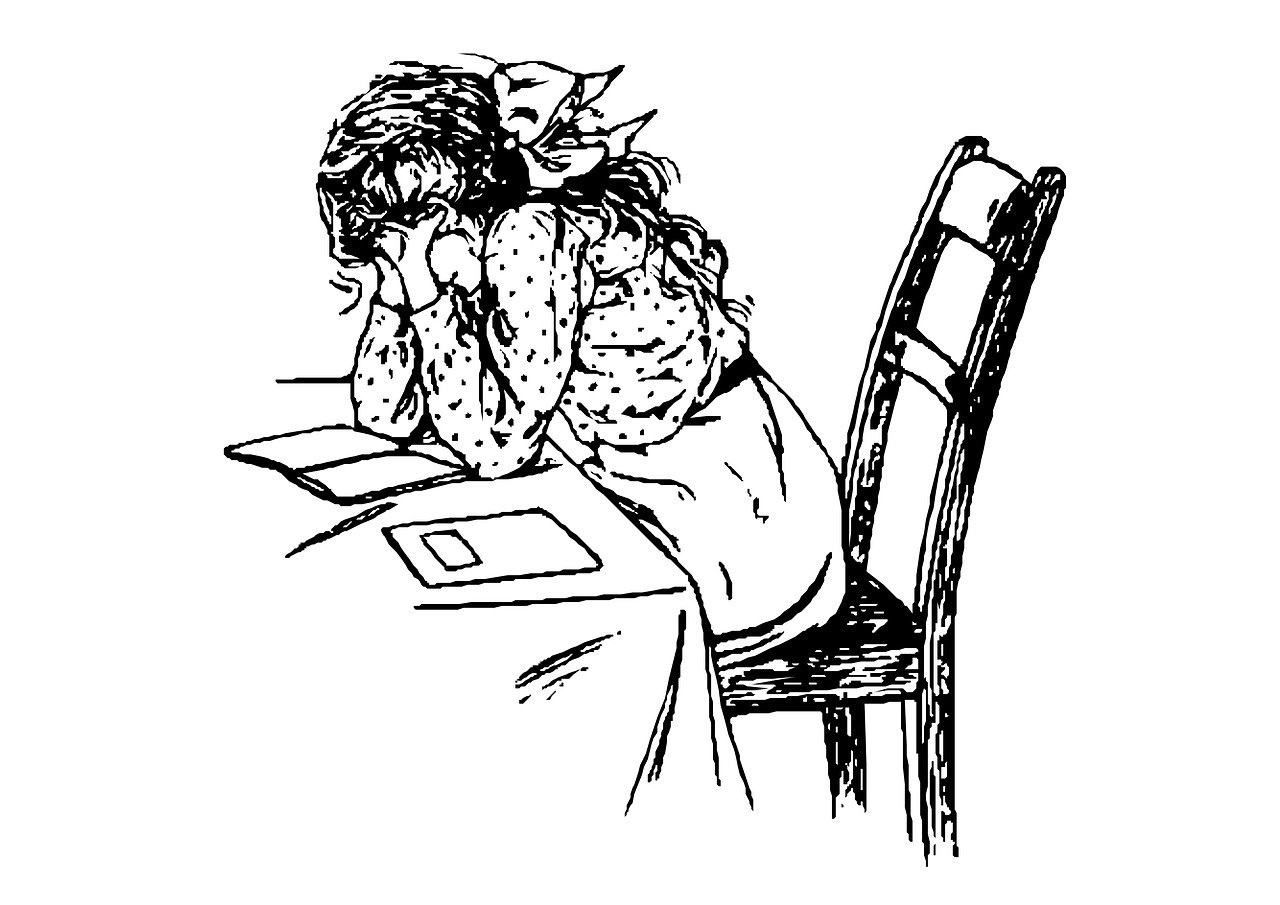
As summer dawns, I can finally look over piles of homework to see free days filled with… books. With the myriad of distractions our culture has to offer, from social media to pool parties, many question my enthusiasm for spending my summer, in simple terms, “reading dusty old books.” Unlike some of my peers, I don’t see summer as an escape from books but an opportunity to dive deeper into them. Learning shouldn’t be limited to the boundaries of a classroom; rather, it should instill in us an enduring hunger for knowledge and wonder of the world. And books offer this to us. Books shape our minds and edify our souls more than any other form of entertainment. We do not gain the same perspective, the same window into the thoughts and feelings of another individual in a film (or video game) as we do in a good book. Not only do books enrich us intellectually, but they form our character. They elicit empathy, attentiveness, and wisdom, qualities diminishing in society today.
In her book On Reading Well, Karen Swallow Prior writes, “Read books you enjoy, develop your ability to enjoy challenging reading, read deeply and slowly, and increase your enjoyment of a book by writing words of your own in it.” This quote has guided me in my book selection process, and I desired to explore these ideas in greater depth.
Read slowly
We live in a society that desires things instantly. Whether it is connection or comprehension, our current culture dances to the rhythm of impatience. Social media manifests this fact, providing users with instant gratification, distraction, and knowledge.
With the decrease in our attention spans through the 21st century, the act of reading has become increasingly radical. Books demand time and close attention. In contrast to other forms of entertainment, books are not designed to be understood immediately. They entail a kind of reading that transcends the skimming of an article or the browsing of an Instagram feed. By reading slowly, we readers can understand characters in greater depth and treasure the work as a whole. As we cultivate thoughtfulness through slow reading, we lengthen our attention spans. And, as a result, this attentiveness and contemplative consumption of information shapes us into better listeners. In a world that puts an emphasis on fast consumption, let’s counter this by reading slowly.
Read widely
When we expand our horizons, we expand our minds. Rather than being machines or consuming only one genre or perspective, let’s be philosophers. Let’s scour the bookshelves, dig into difficult books, peruse through the pages of novels that discuss viewpoints contrary to our own.
Reading widely is the best defense against indoctrination. By questioning and analyzing what we read, and not passively absorbing every word, we are better prepared to face the propaganda of our society.
Books not only equip us to be better thinkers but more empathetic people. When we read, we slip into the shoes of another. As readers, we are more open to explore diverse viewpoints and to listen to the stories of someone different from us.
So, if you’ve only read contemporary fiction, challenge yourself by reading a classic. Or if you’ve only read memoirs and biographies, try reading some poetry. Reading widely requires intentionality and diligence. Yet, as it stimulates our minds and shapes us as women of God, we will notice the value of a diverse bookshelf.
Read deeply
When we approach a text, let’s take our pencils to the page. Some may shudder at the idea of “writing” in a book but annotating enriches our reading experience. If books are treasure chests, pencils are our keys. Much treasure is hidden between the lines and in the phrases that only deep reading can draw out. In addition, we remember passages from books more easily when we take the time to highlight lines and etch notes in the margins.
Through close reading, we carry on a conversation with the author. We question, admire, and understand the author’s intentions behind each word, character, and scene. Channeling my inner English teacher, I say, “Read with a pencil!”
Read well
Reading well requires a heart, mind, and soul that yearns for challenge and truth. As you wade deeper into the sea of literature, you will observe both the beauty and the brokenness of humanity. Yet, even the dark lines and conflicted characters reveal God’s redemptive story.
Read slowly to grow your attentiveness to your work and to your friends.
Read widely to test what is true and what is false.
Read deeply to search beneath the surface layer and discover what is hidden.
Read well to become a person of empathy, of truth, and of wisdom.
By cultivating the art of reading well, we readers can face the shadows and storms of life, armed with sharp pencils and good books.
What are some challenging (or unusual) books you’ve read? Do you have any tips for reading well that should be acknowledged?
Let me know in the comment section. I love to hear your thoughts! 🙂

